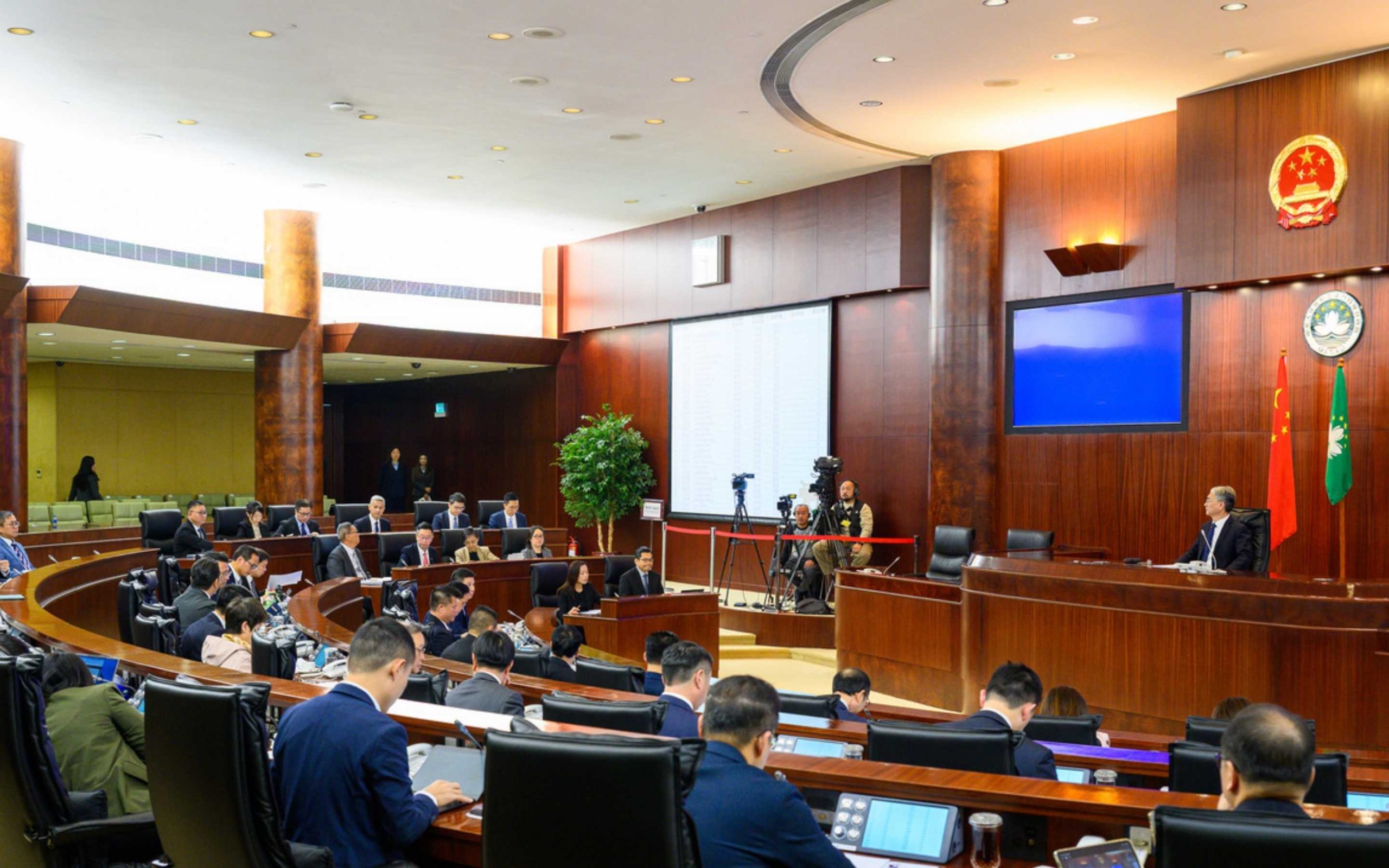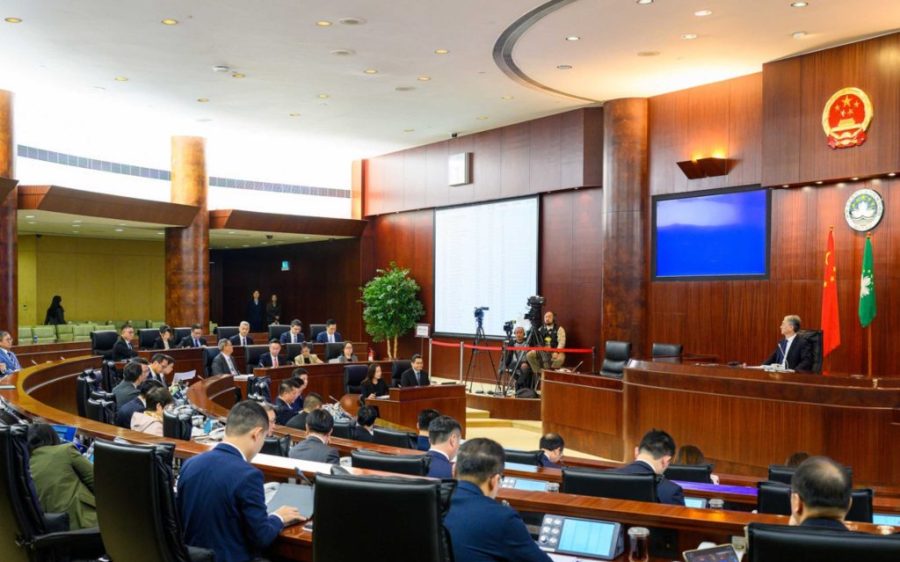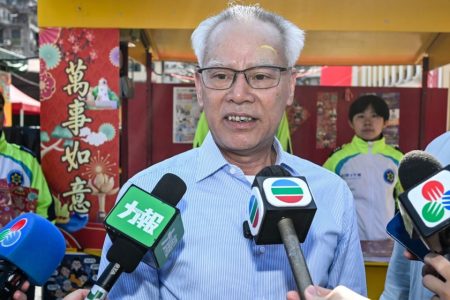Macao’s secretary for economy and finance, Tai Kin Ip, has said the government intends to prioritise economic growth, diversification and innovation, as well as social welfare measures, in its 2026 economic and financial policy agenda.
At a Legislative Assembly session covered by local media yesterday, the SAR’s top economic representative reiterated the government’s commitment to boosting local employment.
He told lawmakers that the employment promotion coordination working group established in May had assessed the vacancies and hiring of overseas workers across various industries. In particular, the group devoted its energy to boosting job opportunities for local residents in three sectors – retail, administration and construction.
“We can see on the one hand that the situation has already improved in the construction sector,” Tai stated. “Locals [in the industry] have increased, while the number of unemployed individuals have gradually declined.”
The secretary also pointed out that the government had been striving to create more administrative work opportunities for locals. He singled out the finance sector, where measures have been implemented to gradually reduce the number of foreign hires.
Social welfare will also be high on the agenda in 2026, with Tai noting that the government will carry over its various social welfare measures from this year. These include the Wealth Partaking Scheme and relief measures for stamp duty and taxes relating to areas such as business, tourism, salary and profits. The water and electricity subsidies will also be continued to reduce the economic pressures on residents and the operating costs for businesses.
[See more: Sam Hou Fai’s 2026 policy address prioritises welfare, reform and GBA integration]
In order to prop up Macao’s ailing property market, the secretary mentioned that eligible residents purchasing a residential property would have their stamp duty waived for the first 6 million patacas.
Meanwhile, the government also intends to raise the mortgage loan-to-value ratio from 70 percent to 80 percent, according to the acting chair of the Monetary Authority of Macao, Vong Sin Man, who spoke at yesterday’s meeting.
Economically, the SAR government said it intends to improve the business operating environment and draw talent into the city next year by setting up an industry fund and guiding fund, attracting firms from emerging industries to settle in Macao and Hengqin, as well as actively developing the “first store economy” – an initiative to lure foreign retailers to open their first overseas branches in Macao.
On the question of whether or not the government intends to make the citywide consumption scheme a permanent fixture, Tai kept mum, telling legislators that the current business operating environment required careful analysis. He added that the authorities would continue to pay close attention to the situation next year.






